The Graduate Program in Architectural Design at İstanbul Bilgi University is positioned at the intersection of design, technology, production, and sustainability. It aims to equip designers and architects with advanced skills in computational design, coding, material research, robotics, and digital prototyping.
Additionally, it introduces the fundamental principles and concepts of sustainability. By emphasizing the environmental, social, and economic impacts of design, the program encourages students not only to master new technologies but also to contribute to a more resilient and low-carbon future. This goal is pursued through collaboration with social projects, industrial partnerships, and non-governmental organizations, aiming to become a hub that develops open-source innovations.
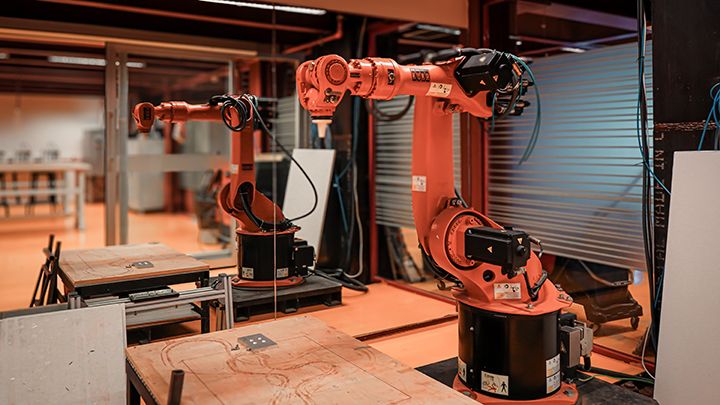
The program’s mission is to cultivate forward-thinking architects and designers who harness digital tools
and fabrication technologies to innovate and lead in the evolving field of architecture. It aims to integrate theory, technical expertise, and hands-on practice to shape a new generation of professionals capable of tackling complex design challenges with sustainable and scalable solutions.
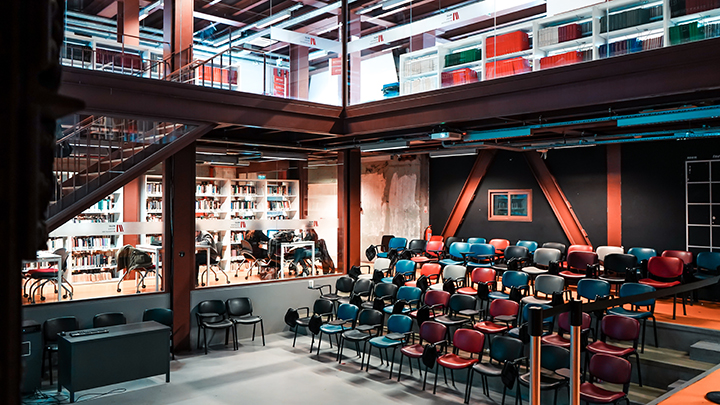
Below are the key focus areas of the program:
Theoretical Understanding of Computational Design
Students will develop a deep theoretical understanding of computational design concepts, including historical context, current trends, and future developments. They will be able to critically analyze and apply design theories in digital culture and architecture, fostering a broad perspective on the role of computation in design.
Proficiency in Computational Design Tools
Students will gain proficiency in various computational tools and programming languages to solve complex design problems. They will be able to develop custom scripts and algorithms for design processes, enhancing their creative and technical capabilities.
Ecological and Sustainable Design Strategies
Students will be equipped with the knowledge and skills to integrate ecological and sustainable strategies into design and architecture. This includes the use of sustainable materials and ecological design principles that respond to environmental challenges in architecture.
Critical Thinking and Communication
Students will develop strong research and critical thinking skills, enabling them to conduct independent investigations in computational design. They will be able to produce high-quality academic reports, communicate their findings effectively, and reflect on the impact of digital and computational methods in design.
Analysis, Simulation, and Material Innovations
By integrating cutting-edge material innovations, students will enhance the functional, aesthetic, and sustainable aspects of their designs. This PLO emphasizes a data-driven approach to design, where students will use simulations to assess structural integrity, environmental impact, and material efficiency. Through a deep understanding of material properties and their applications, students will be prepared to develop innovative design solutions that meet contemporary architectural challenges while promoting sustainability and forward-thinking practices.
Community and Industry Partnerships
The program encourages students to engage in projects that require collaboration, practical problem-solving, and the application of theoretical knowledge in real-world settings. Through these partnerships, students will gain insights into industry standards, practices, and the dynamics of working within professional environments.
Digital Fabrication Techniques
Students will demonstrate mastery in digital design and fabrication techniques, applying advanced tools such as parametric modeling, digital fabrication technologies, and robotic arms. They will develop and prototype complex architectural and design solutions using these methods, preparing them for cutting-edge design practices.
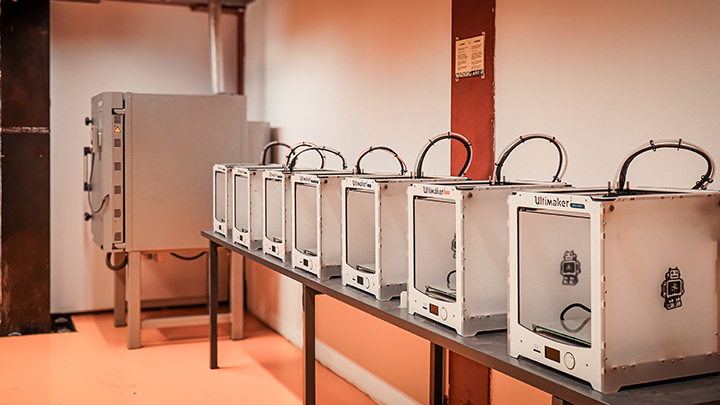
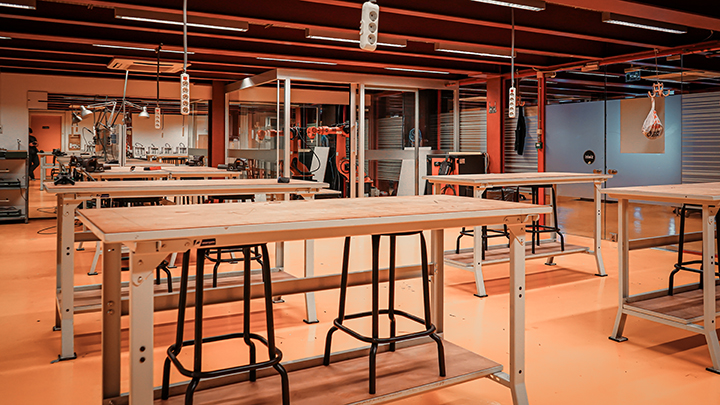
Candidates with a bachelor’s degree in all design or architecture disciplines can apply for this program. The language of the program is English, and the degree awarded is a non-thesis Master’s in Architecture (M.Arch). Courses are conducted in person at the santralistanbul Campus of İstanbul Bilgi University. The program lasts for three semesters on a full-time basis. The application process includes document submission, completion of the online application form, and an interview session. A wide range of academic scholarships are determined during the interview.

BİLGİ University Project Details
Program name: Architectural Design (without thesis)
Language of the program: English
Program degree: M.Arch
Application degrees: Graduates from all fields of design and architecture
Delivery: Face-to-face at İstanbul Bilgi University santralIstanbul Campus
Duration of study: 3 semesters
Total ECTS: 90
For more information and online application, please visit:
https://www.bilgi.edu.tr/en/academic/graduate/march-in-architectural-design/
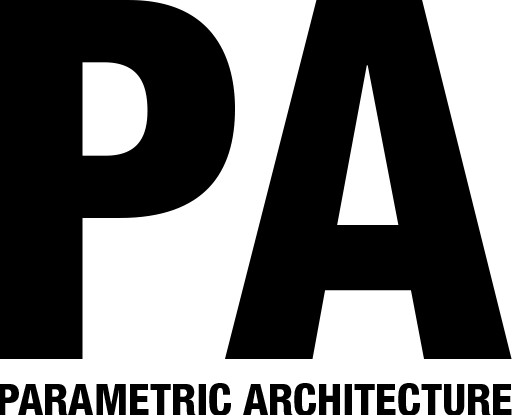
















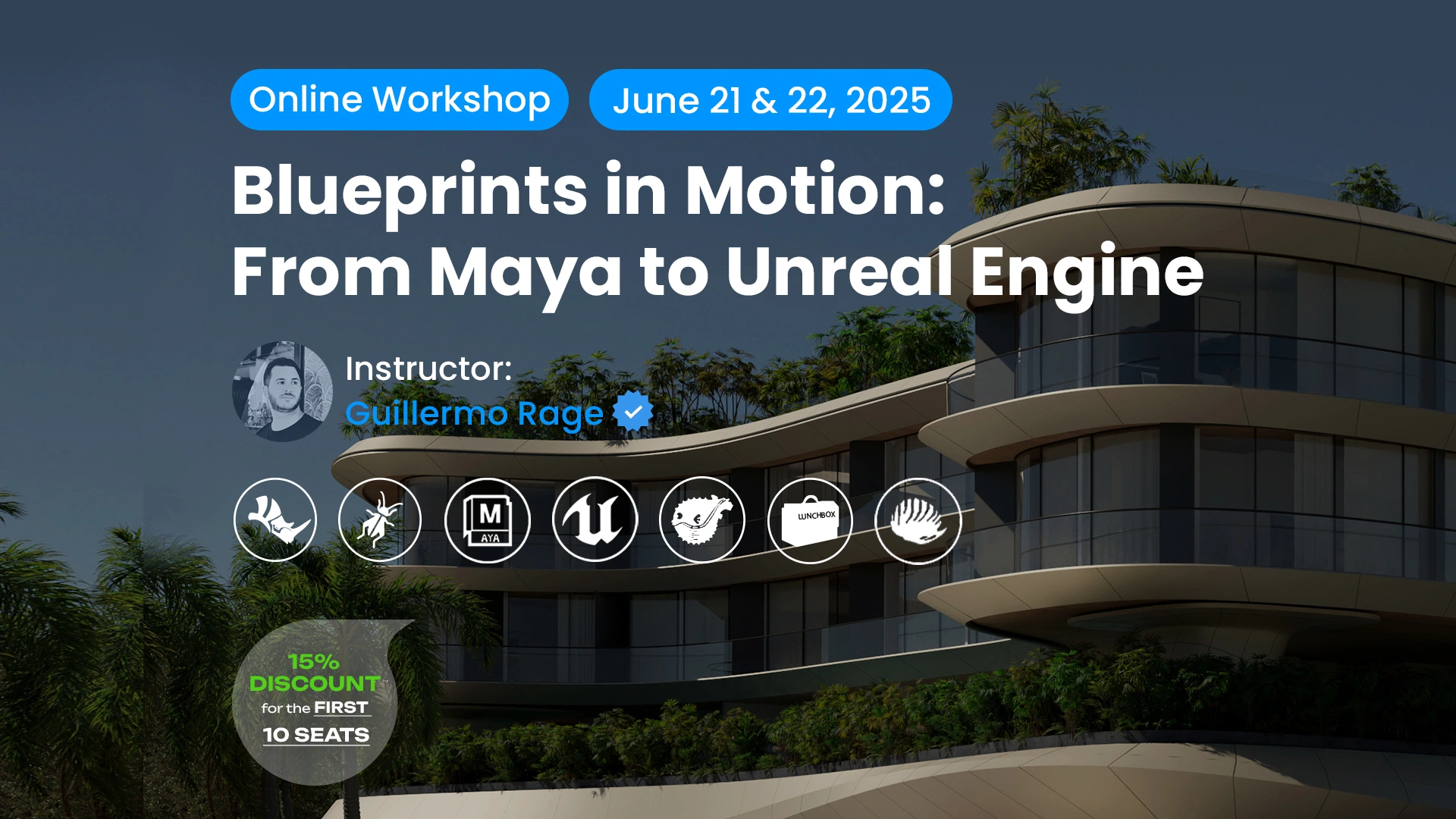




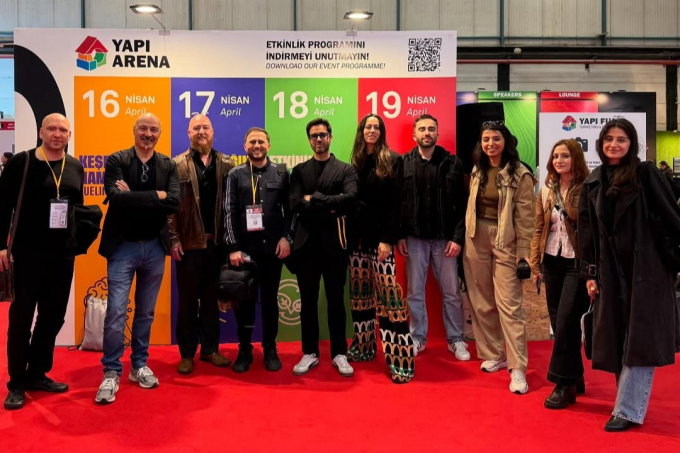


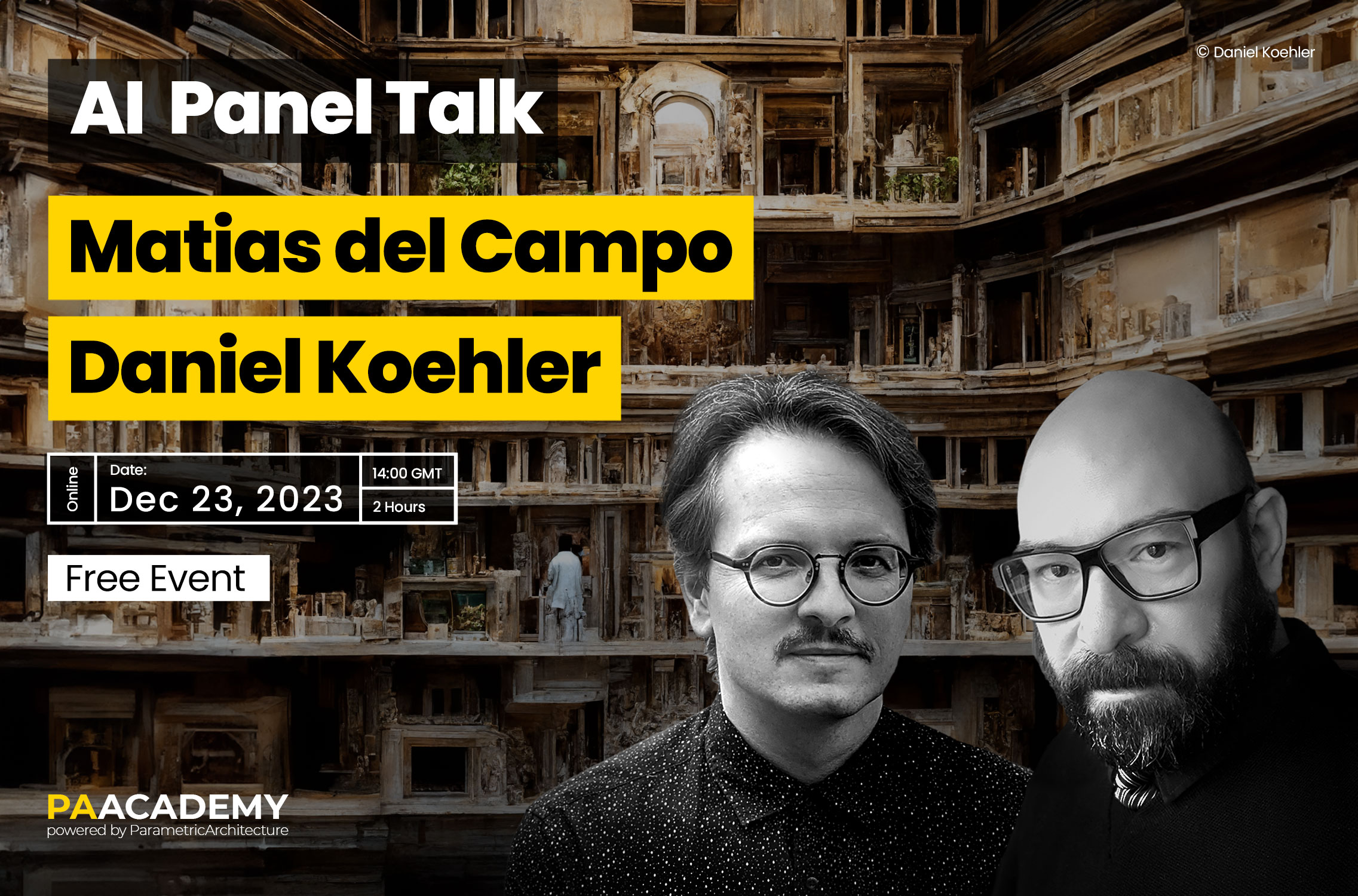




Leave a comment